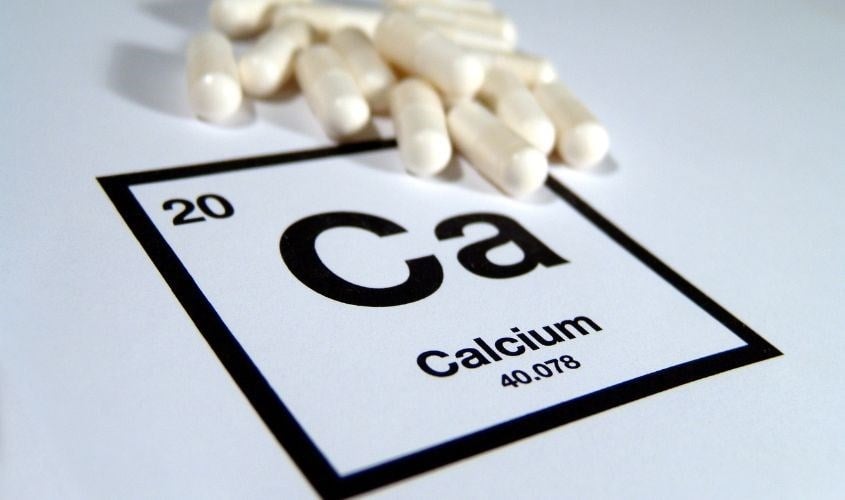“Women’s Health in Midlife: Navigating the Challenges of Aging with Essential Nutrients”
The body undergoes a tumultuous period during this time, with aging accelerating, hormones declining, menstrual cycles becoming erratic, and the signs of perimenopause and menopause becoming increasingly apparent. Inadequate nutrient intake during this phase can have severe consequences for health and quality of life.
Thus, to counter premature aging and safeguard their wellbeing, women must proactively take charge of their health. However, many are unsure how to properly care for themselves to slow down the aging process and maintain long-term vitality.
1. Entering Middle Age: Confronting Three Concerning Health Risks
Weight Gain and Chronic Illness Risk
Middle-aged women often struggle with weight gain due to a slower metabolism. Failure to manage weight effectively can lead to fat accumulation under the skin and around internal organs, increasing the risk of chronic conditions such as obesity, hypertension, cardiovascular disease, and diabetes.

Bone and Joint Health Decline
Compared to men, women tend to have lower bone density. The drop in estrogen levels during middle age accelerates bone loss, increasing the risk of osteoporosis, fractures, and joint inflammation.
Menopausal Symptoms
Around the age of 50, women experience physiological changes such as irregular periods, insomnia, and mood swings, signaling perimenopause or menopause. Without timely intervention, this period can extend, leading to depression and significant physical and mental health issues.
Solution: To navigate these changes, middle-aged women should focus on adjusting their diets and ensuring sufficient nutrient intake. This proactive approach slows down aging, enhances overall health, and maintains a good quality of life.
2. Gynecologist-Recommended: Four Essential Nutrients for Middle-Aged Women to Embrace Now, Not Later
As women enter middle age, their bodies undergo noticeable physical and hormonal changes. To counter aging and safeguard their health, experts advise timely supplementation with the following critical nutrients:
1. Calcium: Fortify Bones, Preserve Youthful Physique
Middle-aged women are prone to rapid calcium depletion, increasing the risk of osteoporosis, fractures, and mobility issues. Adequate calcium intake not only strengthens bones but also helps slow down the aging process.
Calcium can be obtained from dairy products, eggs, fish, and shrimp, or through supplements, as advised by your doctor.

2. Estrogen: Hormonal Balance, Menopause Symptom Relief
The decline in estrogen levels during middle age triggers symptoms like hot flashes, insomnia, irregular periods, and depression. Timely estrogen supplementation helps women navigate menopause more smoothly and lowers the risk of bone, joint, and cardiovascular issues.
Phytoestrogen-rich foods like soy, eggplant, seeds, and nuts, or functional foods, are ideal for supporting hormonal balance.
3. Folic Acid: Guard Against Cerebrovascular Accidents
Folic acid is crucial not only during pregnancy but also for middle-aged women. Research indicates that folic acid deficiency increases the risk of cerebrovascular accidents in older adults.
Incorporate folic acid through dark leafy greens, fruits like kiwis, strawberries, and cherries, soy products, or supplements, as professionally advised.
4. Vitamin B Complex: Nurture the Nervous System, Enhance Sleep Quality
Vitamin B plays a pivotal role in regulating nerve function and supporting restful sleep. During middle age, hormonal shifts can induce stress, insomnia, and fatigue. Vitamin B supplementation soothes the nervous system and improves mood effectively.
Vitamin B-rich foods include whole grains, liver, eggs, dairy, and dairy products.
Recommendation: Aging begins in our 30s. Don’t wait for health red flags to start prioritizing nutrition. Embracing a proactive approach to wellness is the key to maintaining youthful vigor and long-term health beyond middle age.
































